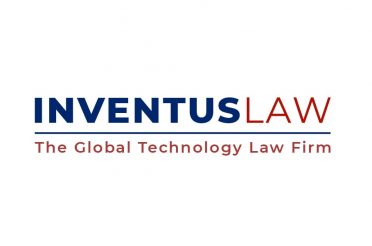When incorporating a new business entity there are many components and considerations to take into account. One area of concern that is often lost in that shuffle is filing for intellectual property law protections. This is a dangerous area to neglect, as registration of intellectual property rights during the incorporation process offers several important benefits to the health of the entity and helps avoid losing those rights entirely.
Trademark protection in the United States is governed by the Lanham Act under the United States federal law. The primary purpose of trademark law is to protect consumers on the marketplace from being misled and to assist them in identifying the goods and or services they seek. A “mark” may be any word, design logo, sound, color scheme, or other factor used in commerce that helps consumers identify the good or service on the marketplace.
Filing a mark with the United States Patent and Trademark Office (USPTO) gives individuals and business entities two key protections.
First, it allows the mark holder to protect their brand from trademark infringement. Infringement arises when another individual or entity uses a similar or identical mark in the same market and there is a substantial likelihood of consumer confusion. Mark holders may send cease and desist letters to individuals or entities they believe are infringing on their mark, and may later sue to bring a civil suit if the infringement continues. Any entity that has not filed with the USPTO does not possess these rights.
Second, registration protects against dilution of the mark. Dilution is when similar marks weaken the value of an existing mark by a similar or identical mark that does not compete in the same market. As such there is not a substantial likelihood of consumer confusion on the marketplace, but instead there is confusion as to the source of the mark. Marks registered with the USPTO enjoy the same privileges of enforcement as stated above.
Besides affirmative protections, registering a mark also increases the value of the business entity, safeguards all rights in case of the future sale of the entity, and prevents competitors from using a same or similar mark. The relative low cost of registration, coupled with the perpetual lifespan of the mark (so long as it is continuously used in commerce), make it a low risk and high reward investment that should be taken care of early in the incorporation process.







Leave a Reply